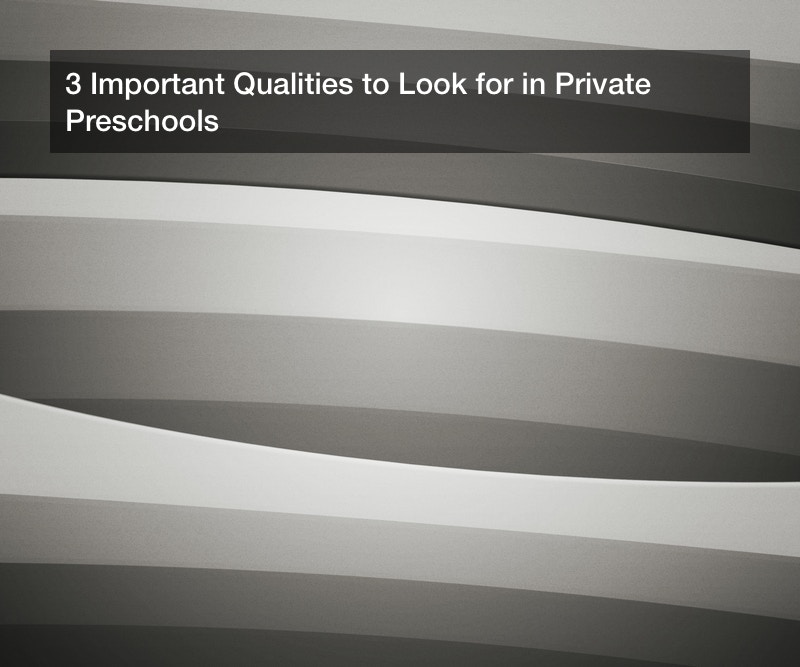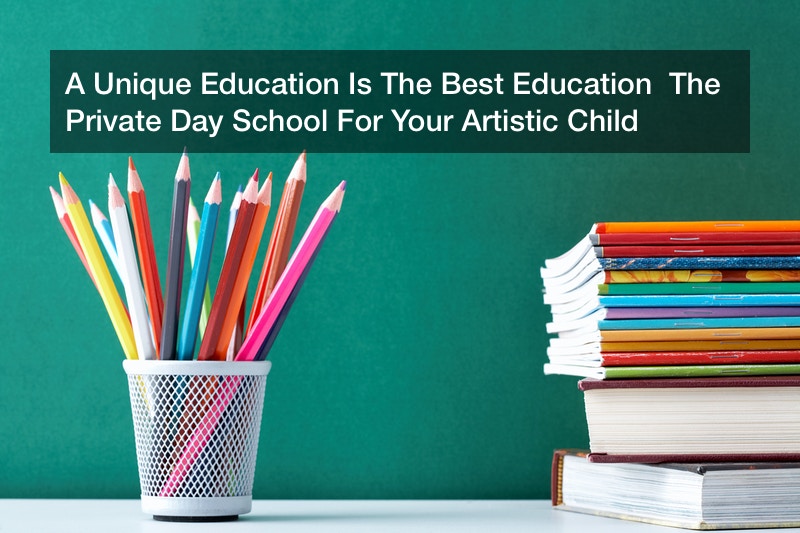The first hurdle in choosing an educational path for your child arrives at the age of three or four years. That’s when parents must decide the public vs private preschool debate. How do you choose which route to go for your child’s education before kindergarten? What do they learn in a public or private pre-K that prepares them for life and future education?
Concepts Learned in Preschool/Pre-Kindergarten
Public and private pre K schools vary in the materials covered. Religious schools add parochial teaching, while Montessori pre-Kindergartens include many hands-on and arts activities. Regardless of its nature, the preschool you choose for your child should teach them essential academic concepts in math and reading, such as counting to 10, the alphabet, letter recognition, and sorting. In preschool, children learn to color and the use of tools such as scissors, glue, tape, and pencils. Some activities, such as walking in a line, help develop their fine and gross motor skills. Any school you consider should teach social skills like sharing, making friends, and taking turns.
Neither pre-K private schools nor public schools adhere to a state or federal curriculum because none exists. Prescribed curriculum applies to kindergarten through twelfth grade in every U.S. state. Whether you choose one of the best private preschools, a public one, or a local Head Start program, ensure it covers the most important concepts. Now, let’s consider three more vital needs of the preschool you choose for your child.
When you’re ready to start your child’s education, it can be tough to actually pick a school. You may already know that private preschools are a great choice for a solid educational foundation, but picking the right private preschool can be a whole other matter. If you’re not sure what you’re looking for, here are three important qualities to consider.
Attentive and Caring Teachers
If at all possible, observing a class at the preschool you’re considering should be one of your top priorities. When you’re in the classroom environment watching a teacher do their job, you’ll get an excellent idea of their teaching style and how they interact with their students. In addition, you’ll get a chance to see the difference between public and private school curriculum while you’re in the classroom. While you’re observing, make specific notes about how the teacher treats their students, as well as how they react when a problem arises or when a child needs one-on-one attention. Smaller classes might help students get more one-on-one time with their teachers, but you won’t know how attentive or caring a teacher is until you see them in action.
Age-Appropriate Learning Activities
Preschool may provide an excellent foundation for future education, but it shouldn’t push children beyond the limits of their current abilities. When young children at private preschools are learning, they need to be moving and having fun, too! Great preschools understand how to incorporate age-appropriate teaching methods into early education, which can help your child enjoy their time at preschool while learning basic skills they’ll need later on in their school career.
Good Parent-Teacher Communication
While you may not get a full-on interview with a preschool teacher at the school you’re visiting, it’s always a good idea to ask about communication policies while you’re there. Ensuring that you’re going to be in the loop for major and minor changes in your child’s progress or education is essential. The learning process continues at home when you’re building a relationship with your child’s teacher. This kind of trust can help you and your child feel more secure about the school environment, too.
Choosing the right private preschool for your child can be tough. But looking for these three qualities can help make the search a little bit easier on you.

